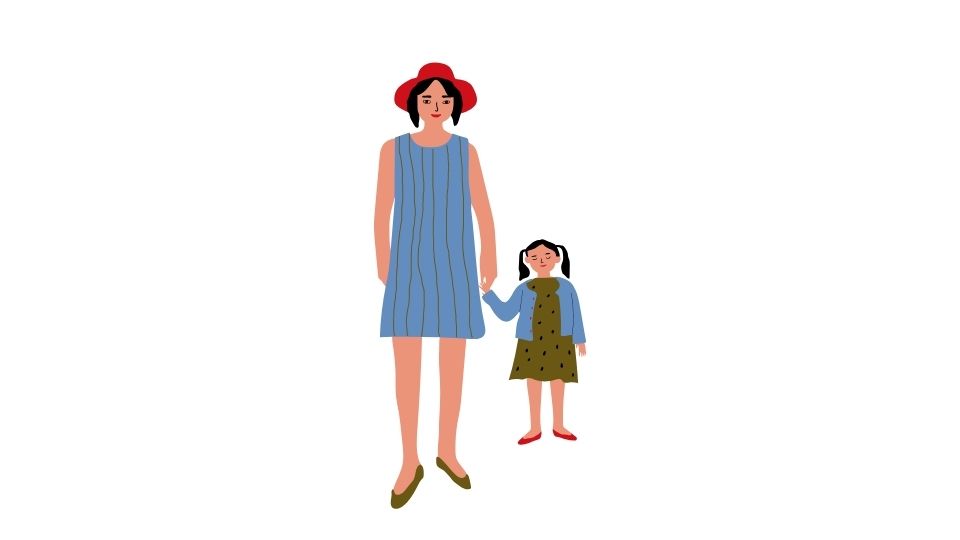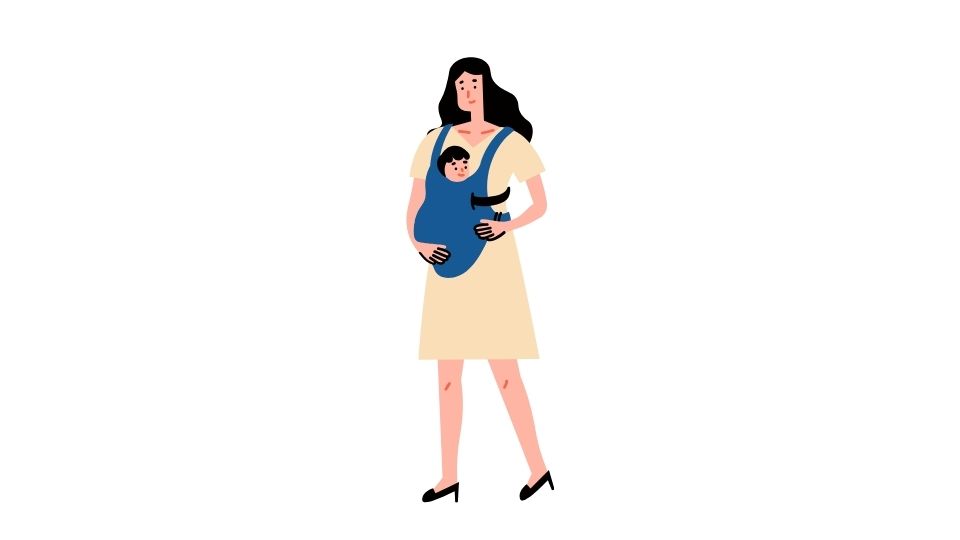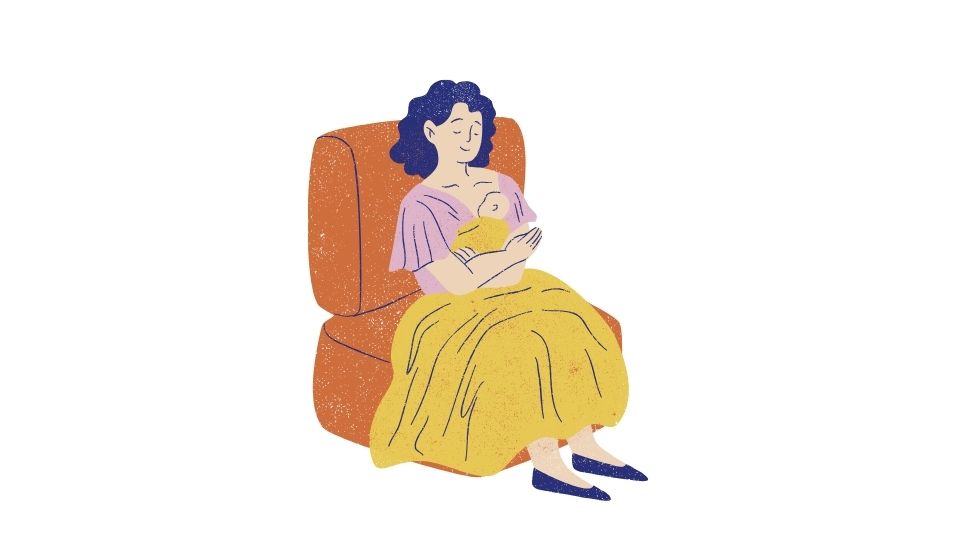My Mom Has Dementia and She Hates Me — Why?

When your mom has dementia and seems to hate you, it feels like a knife to the heart. I get it. You’ve spent your whole life with this person who loved you, raised you, and now they’re looking at you with anger, suspicion, or worse—like they don’t even know who you are.
But here’s the truth: it’s not actually hatred. It’s the disease talking.
The behaviors that make you feel rejected or hated are actually symptoms of how dementia is affecting your mom’s brain—not a reflection of her true feelings for you.
When Dementia Makes Mom Seem Like She Hates You
Let me walk you through what’s happening in your mom’s brain, why she might be acting this way, and most importantly—how you can cope with it without losing your mind (or your heart).
Why Does My Mom Act Like She Hates Me?

There are actually several reasons your mom might be acting like she hates you:
Brain damage is real – Parts of the brain that control impulses, emotions, and social filters get damaged. Your sweet mom who never said a harsh word might now be cursing you out because those brain circuits are literally broken.
She might not recognize you – Imagine waking up and finding a stranger in your house telling you what to do. You’d be scared and angry too! Sometimes that’s what’s happening when she lashes out.
Paranoia and delusions are common dementia symptoms. Your mom might genuinely believe you’re trying to steal from her or hurt her, even though that’s the furthest thing from your mind.
Loss of independence is frustrating – Remember being a teenager and hating when your parents told you what to do? Now your mom is experiencing that frustration times a thousand when you have to help her bathe or eat.
Environmental triggers like noise, bright lights, or changes in routine can completely overwhelm her brain’s ability to cope.
She can’t express discomfort properly – Sometimes “I hate you” actually means “I’m in pain” or “I’m scared” or “I need to use the bathroom but don’t know how to tell you.”
This Isn’t Personal (Even Though It Feels VERY Personal)

When your mom says “Get out of my house!” or “You’re trying to poison me!” or “I never loved you,” it feels devastating. But remember: dementia behaviors are symptoms, not choices.
Think of it like this: if someone with a broken leg can’t walk, you don’t take it personally. This is the same—except it’s her brain that’s broken, not her leg.
As research from the Alzheimer’s Association shows, aggressive behaviors are among the most common and challenging symptoms for families to handle.
How to Handle Mom When She “Hates” You
1. Create a calm, predictable environment
Chaos and change make dementia symptoms worse. Keep routines consistent and surroundings peaceful.
The less your mom has to process, the less likely she is to become agitated. Think about reducing:
- Background noise (turn off that TV!)
- Visual clutter
- Too many people talking at once
- Sudden changes in plans
2. Don’t argue or correct her reality
One of the hardest lessons: you cannot win an argument with dementia.
If mom says “You stole my purse!” when you actually just moved it to the table, don’t say “No I didn’t!” Instead try: “I know you’re worried about your purse. Let’s look together—oh, here it is!”
Experts at the Mayo Clinic call this “validation therapy”—meeting her in her reality rather than forcing her into yours.
3. Use distraction and redirection
When mom gets stuck in a negative loop:
- “Let’s have some ice cream!”
- “Could you help me fold these towels?”
- “Remember that song you love? Let’s listen to it.”
Simple pleasures and tasks can break the tension and give her brain something else to focus on.
4. Look for the need behind the behavior
When mom says “I hate you, get out!” ask yourself:
- Is she in pain?
- Does she need to use the bathroom?
- Is she hungry or thirsty?
- Is she tired?
- Is she scared?
According to dementia care specialists, addressing these underlying needs can resolve many difficult behaviors.
5. Take care of YOU
This might be the most important tip of all. Caregiver burnout is real, and it makes everything worse.
- Join a support group (online or in-person)
- Accept help when offered
- Schedule regular breaks
- Talk to a therapist who understands dementia
- Remind yourself daily: “This is the disease, not my mom”
Research published in The Gerontologist shows that caregivers who practice self-care provide better care and experience less depression.
When to Get Professional Help

If your mom’s behavior becomes dangerous to herself or others, it’s time to call in reinforcements:
Talk to her doctor about:
- Medication reviews (some meds can make behaviors worse)
- Treating underlying conditions like UTIs (which can dramatically worsen dementia symptoms)
- Medication options for managing severe symptoms
Consider professional care options:
- In-home caregivers to give you breaks
- Adult day programs
- Memory care facilities if home care becomes unsafe
Remember Who She Really Is

On the hardest days, try to remember: the mom who loves you is still in there, even if the disease makes it hard to see her.
The disease may have stolen her ability to show love in the ways she once did, but it doesn’t mean the love is gone.
Sometimes in the fog of dementia, there are moments of clarity—treasure these. A squeeze of the hand, a moment of recognition, a smile at a familiar song.
These glimpses remind us that although dementia can take away memories and change behaviors, the core of who our loved ones are remains—even when they seem to hate us.

